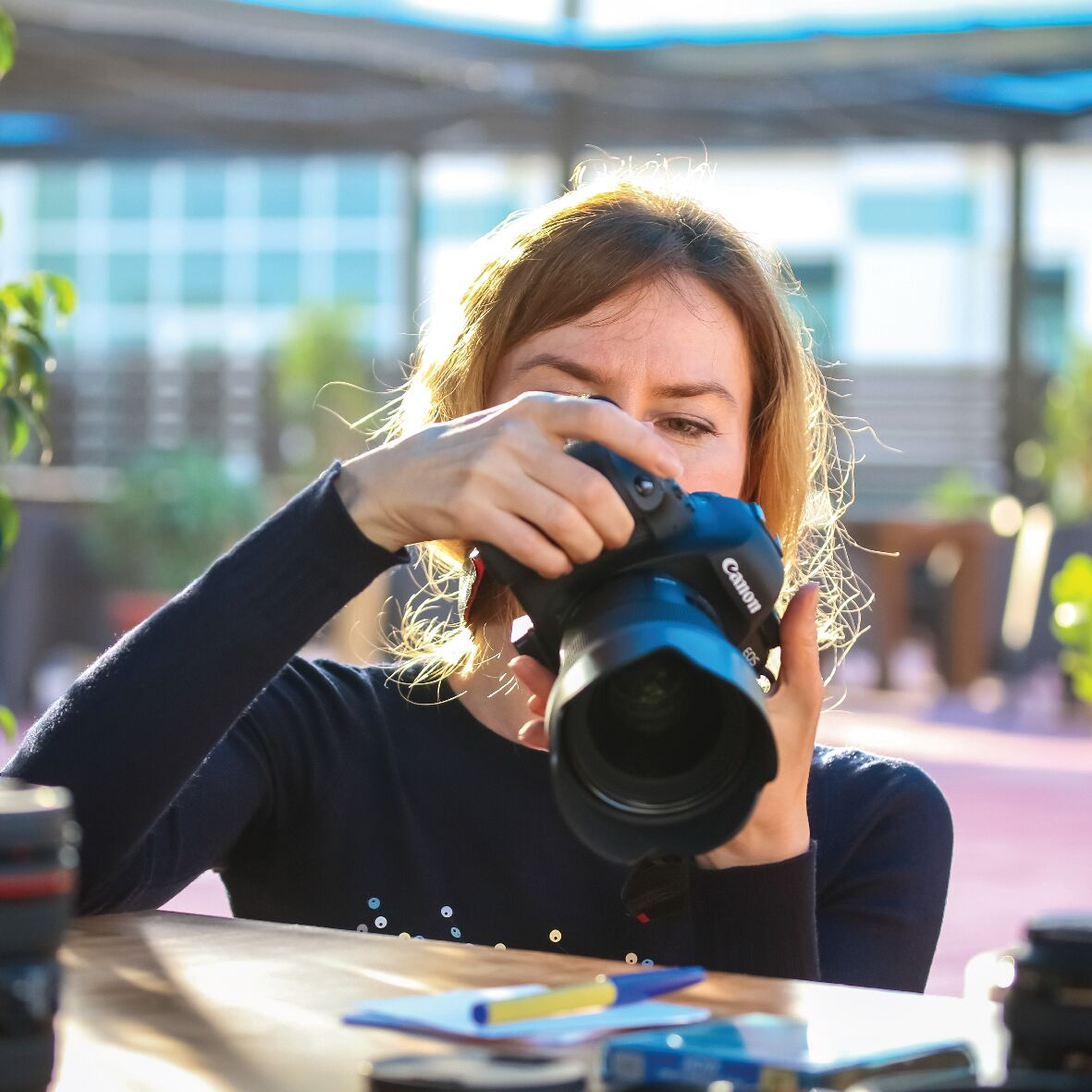
Enrolling in a photography course can be a transformative experience, whether you’re a hobbyist aiming to improve your skills or a professional seeking to refine your craft. Photography courses offer a structured approach to learning that can help you develop a wide range of skills. Here’s a look at some key skills you can gain by taking photography courses:
Technical proficiency:
One of the most fundamental skills developed through photography courses is technical proficiency. Courses often cover important aspects such as camera settings (aperture, shutter speed, ISO), lighting techniques, and the operation of various types of cameras and equipment. Mastery of these technical elements is vital for capturing high-quality images and for controlling how the final photograph turns out.
Composition and framing:
Understanding composition and framing is vital for creating visually appealing and impactful photographs. Photography courses teach principles such as the rule of thirds, leading lines, symmetry, and depth. These techniques help you arrange elements within the frame to draw the viewer’s eye and improve the overall aesthetic of your photos.
Creative vision and personal style:
Photography courses encourage you to develop your creative vision and personal style. Through assignments, projects, and critiques, you’ll explore different genres, techniques, and approaches to find what resonates with you. This creative exploration helps you build a unique style and express your artistic ideas more effectively.
Understanding lighting:
Lighting is a vital element in photography that significantly impacts the mood and quality of an image. Courses often cover various lighting techniques, including natural and artificial light sources, flash photography, and lighting setups for different scenarios. Mastery of lighting techniques allows you to create images with the desired mood and clarity.
Attention to detail:
Developing an eye for detail is another key skill honed through photography courses. This involves observing and capturing the nuances of your subject, whether it’s the textures, patterns, or subtle changes in light. Attention to detail ensures that your images are sharp, well-composed, and reflective of your intended vision.
Problem-solving and adaptability:
Photography often involves overcoming challenges, such as dealing with difficult lighting conditions or capturing fast-moving subjects. Courses teach problem-solving skills by providing practical scenarios and encouraging you to adapt your techniques to different situations. This adaptability is vital for handling real-world photography challenges effectively.
